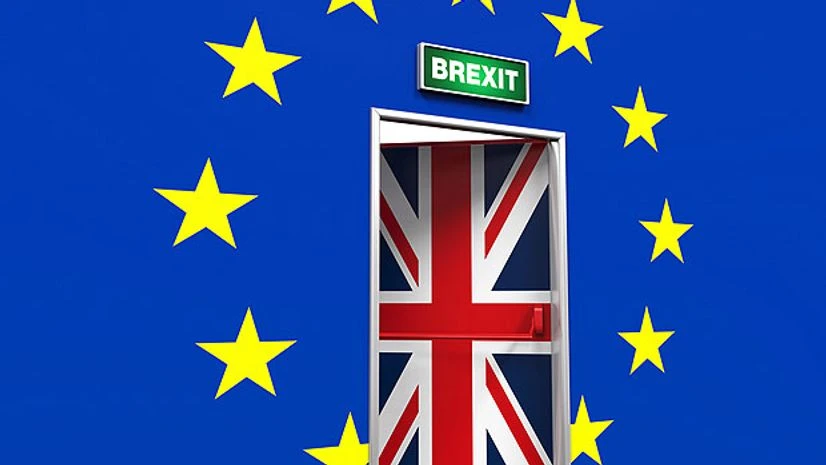Britain's most senior diplomat to the European Union (EU), Jonathan Hill, today announced he will step down from the position saying "what is done cannot be undone", a day after his country decided to leave the 28-member bloc.
Hill said he did not believe it was right for him to carry on with his work as the UK's European Commissioner - in charge of financial services at the European Commission.
"I wanted it to end differently and had hoped that Britain would want to play a role in arguing for an outward-looking, flexible, competitive, free trade Europe. But the British people took a different decision, and that is the way that democracy works," the Conservative party peer and a close aide of David Cameron said in a statement.
"I came to Brussels as someone who had campaigned against Britain joining the euro and who was sceptical about Europe. I will leave it certain that, despite its frustrations, our membership was good for our place in the world and good for our economy," he said.
"But what is done cannot be undone and now we have to get on with making our new relationship with Europe work as well as possible," he added.
European Commissioners are among the most powerful officials within the EU, based in Brussels, with the ability to make laws across a range of policy areas.
Each of the 28 member countries have a commissioner in charge of a particular portfolio within the Commission.
More From This Section
The UK will cease to have one when it leaves the EU.
European Commission President Jean Claude Juncker said he had accepted Hill's resignation "with great regret," hailing him as a "true European".
Hill will stay on for a period of weeks to ensure an "orderly handover" and be replaced by Latvian politician Valdis Dombrovskis, currently European Commissioner for the Euro.
Meanwhile, German foreign minister Frank-Walter Steinmeier said negotiations on the UK's exit from the EU should begin as "soon as possible" after an urgent meeting of the six EU founder members - France, Germany, the Netherlands, Luxembourg, Italy and Belgium - to discuss the decision.
Cameron has said he will step down as Prime Minister by October to allow his successor to conduct talks and trigger Article 50 of the Lisbon Treaty, which will formally take the UK out of the EU after two years of exit negotiations.
A timetable for a Conservative party leadership election is to be announced on Monday, with former London mayor Boris Johnson - who spearheaded the Brexit campaign - in the lead.
MPs will select two candidates to go forward to a vote of Conservative Party members, with the winner becoming the UK's next prime minister, as well as party leader.

)
